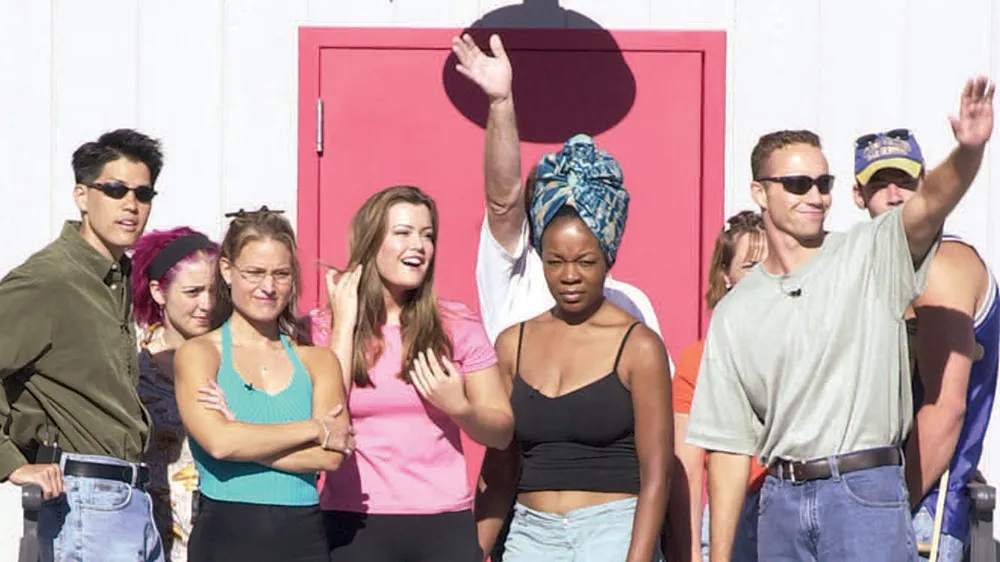Reality TV is in its golden age – and so is betting on it

Reality TV is in its golden age and that’s trickling over into the gambling industry, with a rising interest in betting on outcomes.
Over a third of Americans rated reality TV as their favorite genre of TV show in a survey polled at the beginning of 2025. That stems back to the Covid-19 pandemic and the 2023 writers’ strike, both of which led to an environment where scripted TV shows were harder to produce.
Studios turned to reality TV, shows that could at first be filmed at a distance during the pandemic and, then, without a writing team during the strikes. With more reality TV shows on our screens and streaming services, the popularity has risen.
This has begun to bleed over into gambling markets as well, with prediction market Kalshi leading the charge with pop culture-based markets. According to data from Kalshi, the most popular markets are the awards ones, where users can bet on the winners and nominees of the Oscars, the Grammys, and more. Tens of millions of dollars have already been bet on such markets, with $25 million traded on the Oscars alone.
Other, more niche pop culture markets can be requested to Kalshi by users, leading to pretty unique markets for events like TIME Person of the Year, who will win the Nobel Peace Prize, will Taylor Swift announce Reputation (Taylor’s Version) this year, and many more.
‘This is not a new trend’This breakaway from traditional betting markets like sporting wins might have been on the rise of late, but it’s actually not something entirely new. Anika Howard, CEO of gaming and entertainment company WONDR NATION has seen reality TV take more and more of a central role in gambling markets over the last 20 years.
“Reality TV betting is not a new trend,” she explained. “The momentum started building in the early 2000s. The UK was the first place I remember seeing it with shows like Big Brother and I’m a Celebrity…Get Me Out of Here.
 Image: Fly on the Wall Entertainment / Endemol USA
Image: Fly on the Wall Entertainment / Endemol USA
“In the US, when the federal ban on Sports betting was overturned in 2018 – betting overall became more acceptable and accessible,” Howard continued. “As the market matured, operators needed content to fill the void in low periods and began experimenting. They capitalized on the growing popularity of shows like Survivor, The Bachelor and Love Island – and tapped into natural human nature and rivalry.
“Then comes COVID-19. Traditional sports were cancelled and this disruption made room for alternative betting options like reality TV to take center stage.”
The messaging around reality TV betting can often be different to traditional gambling, appealing to a different audience – typically skewing younger and made up of more women than men. In practice, according to Howard, betting on reality TV outcomes is often not conducted using real money but rather presented as a promo or a contest.
Reality TV betting brings with its own regulatory obstaclesWhile interest in reality TV and pop culture betting is on the rise, it also faces some unique regulatory issues. As the outcome is typically known ahead of time for many shows, this leaves it open to manipulation, so many US states don’t allow betting on reality TV shows, while the market is booming across the pond in the UK.
Those regulatory issues are not just something for operators to be aware of; they could land users in hot water too. Criminal defense attorney Benson Varghese warns: “If a platform isn’t licensed in your state and you place a bet, you may be breaking the law, even if unintentionally.
“In some jurisdictions, you could be charged under statutes related to illegal gambling, and while enforcement is rare, it’s not unheard of—especially if you’re moving money across borders or involved in larger betting pools.”
Still, for those who can engage in these markets legally, there are certainly lucrative bets to place. Experienced bettor Andrew Lokenauth, who made just shy of $20,000 betting on Big Brother in the most recent season, likened the rise of reality TV betting to the early days of esports gambling, which saw similarly rapid growth.
“The biggest edge comes from understanding production techniques,” he said. “These shows aren’t random; they’re carefully crafted narratives. When I see certain music cues or specific types of edits, I know exactly where the storyline’s heading.
“An issue I’ve experienced is that sometimes shows are filmed months in advance, and spoilers leak. I lost about $5,000 on Love Island once because some production assistant leaked the winner on social media.”
With the interest there and markets thriving where regulations allow it, we could be sitting in the early days of a booming reality TV and pop culture gambling market. In the same way that esports gambling is now a tried and tested space, the next few years could cement the sector within the traditional gambling landscape.
Featured image: ITV
The post Reality TV is in its golden age – and so is betting on it appeared first on ReadWrite.
